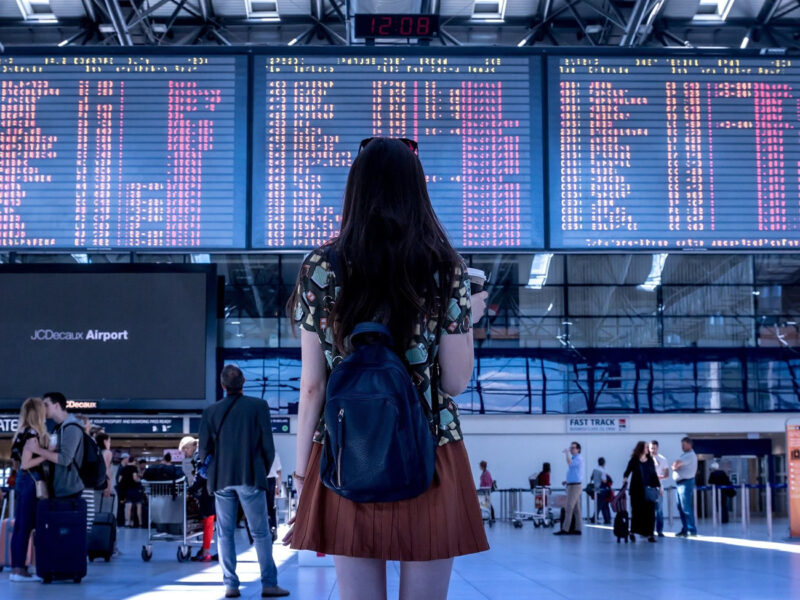People dreaming of traveling have some scientific data to support their tourism wanderlust.
A new study in the journal of Tourism Analysis shows frequent travelers are happier with their lives than those who don’t travel at all.
Chun-Chu (Bamboo) Chen, an assistant professor at the School of Hospitality Business Management at Washington State University, conducted a poll to find out why some individuals travel more often than other people and whether travel and tourism experiences have a protracted effect on pleasure and wellness.
The results of the investigation reveal individuals who pay more attention to tourism-related info and often discuss their travel plans with friends are more inclined to go on regular vacations than individuals who aren’t always thinking about their next trip.
Furthermore, participants in the survey who reported frequently traveling at least 75 miles away from home reported being roughly 7% happier when asked about their general well-being than people who reported traveling quite rarely or not at all.
“While things like work, family life and friends play a bigger role in overall reports of well-being, the accumulation of travel experiences does appear to have a small yet noticeable effect on self-reported life satisfaction,” Chen said. “It really illustrates the importance of being able to get out of your routine and experience new things.”
Past studies have examined the stress relief, health and wellness benefits of tourism adventures, but they have tended to analyze the impact of one trip or holiday. Chen’s research takes these previous studies one step further by looking at the continuing advantages of traveling over the span of a year.
Participants in the study were asked regarding the importance of tourism In their lives, how long they spent looking into and planning future holidays, and the number of trips they went over a year. They were asked about their perceived life satisfaction. Out of those 500 survey participants, a bit more than half reported moving on more than four pleasure trips per year. Only 7% of respondents did not take any vacations.
This research could have important consequences for both tourists and the tourism market. Dependent on the results of the research, Chen said travel providers, hotels and even airlines could launch social media campaigns, like creating hashtags about the scientific advantages of vacation, to spark people’s interest in talking their views about traveling.
“This research shows the more people talk about and plan vacations the more likely they are to take them,” he said. “If you are like me and chomping at the bit to get out of dodge and see someplace new, this research will hopefully be some additional good motivation to start planning your next vacation.”
Related Journal Article: https://www.ingentaconnect.com/content/cog/ta/pre-prints/content-2017-0010;jsessionid=489mqo13j5pfg.x-ic-live-02

